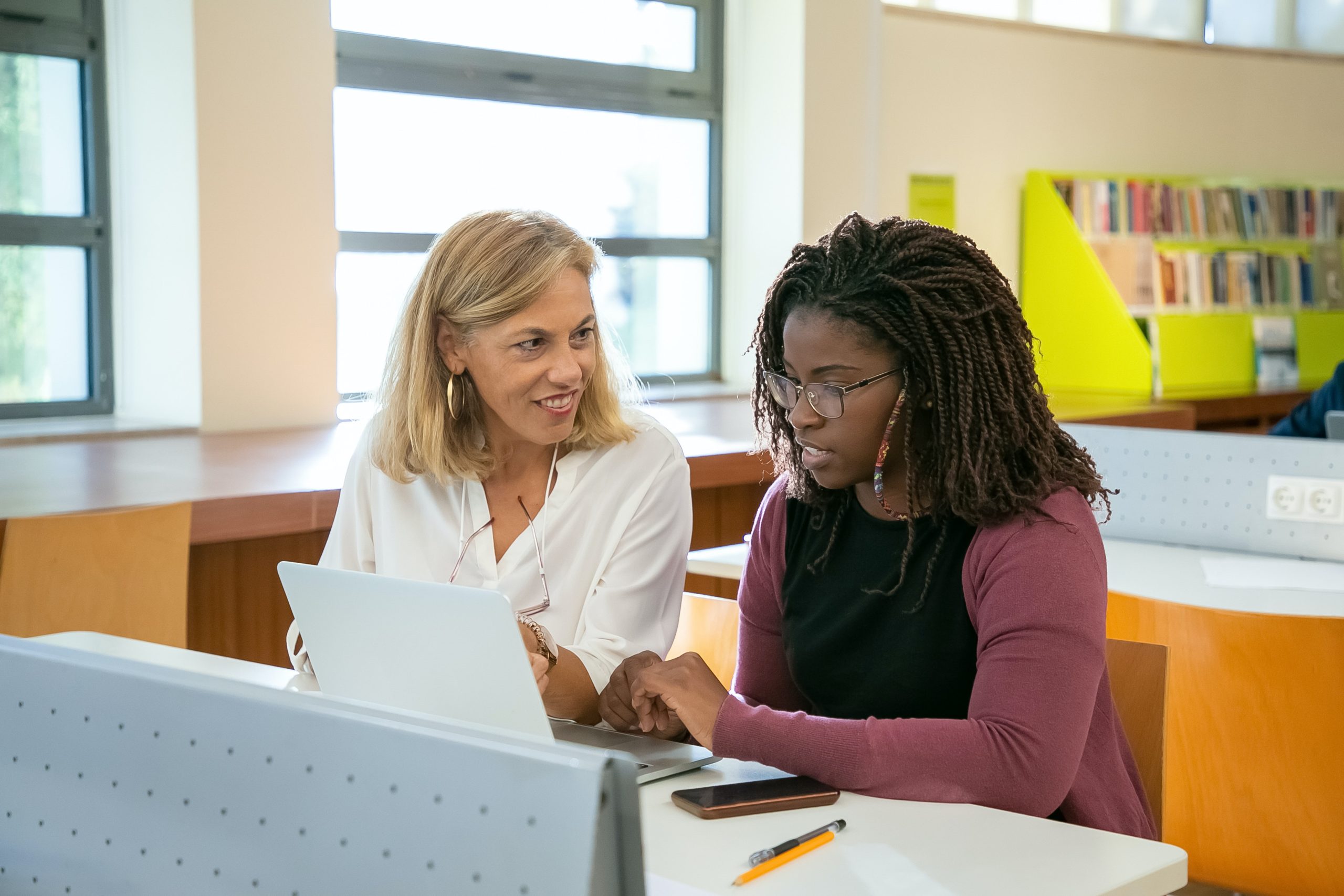Qualifications
Do I need to follow Welsh Government specifications?
Schools (in Wales) follow the WJEC syllabus for subjects taught in the classroom, when you are choosing to educate your child at home, you have the choice to follow whichever syllabus/curriculum you chose. Generally, qualifications which are designed to be delivered in a classroom in the traditional school environment are not a good fit for home education. Courses involving practical elements, fieldwork and coursework are difficult to follow at home with limited resources, however there is a solution!
International GCSEs or IGCSEs as they are more commonly known were originally designed to enable children outside of the UK to access a UK standard of education. Over time, these IGCSEs have become increasingly popular with private schools and home education families because they are designed to be studied outside of a standard UK classroom environment. These qualifications are ranked the same as their GCSE counterparts and usually the syllabus is almost identical, with a few small tweaks such as no coursework, fieldwork or practical requirements.





















